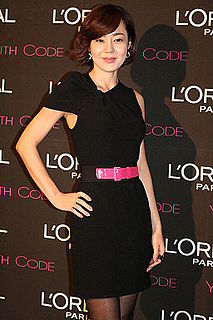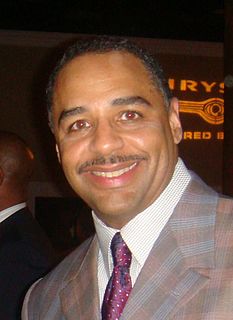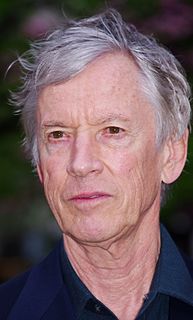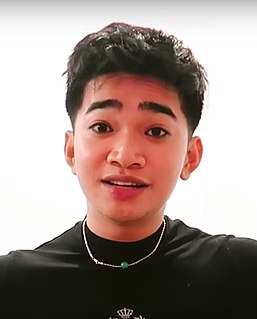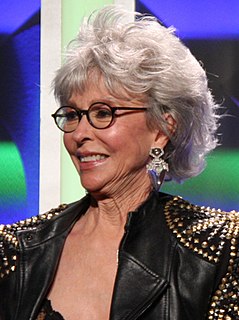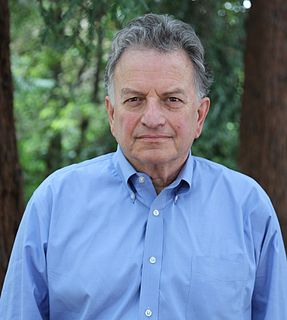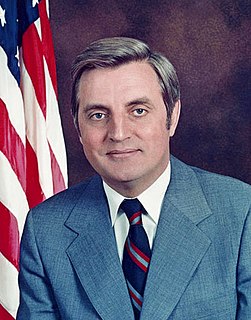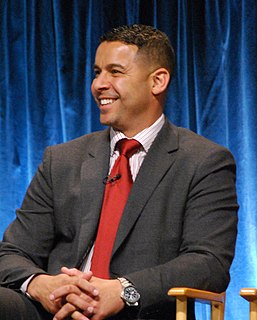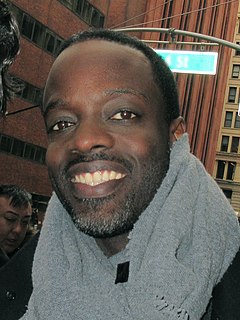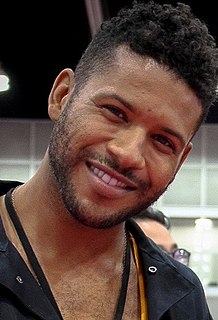A Quote by Yunjin Kim
I know when I was growing up in New York, whenever I turned on the television, I never saw a face that looked like me. Whenever there was an Asian person on television, it would be a huge event, me calling to my older sister 'There's an Asian person on television!' It was unheard of back then.
Related Quotes
Television and movies were our biggest teachers. When we came to the United States, the Vietnam War was just ratcheting up. And so the Asian faces that I saw on the news, they were the face of the enemy. Asian men, particularly, were either small, ineffective, or they were evil. And those messages were deeply, deeply embedded in me for many years.
I also know that I have represented for us a certain kind of journalist and for me over the years when an older Black person comes and tells me how proud they are of me and the way I represent us on television, or when a younger person says to me, 'Hey Mr. Gordon, I watched you growing up and my parents made me watch you,'.
J.J. Abrams wanted me to do a part in Lost and we probably had three meetings, and I finally turned it down, but it wasn't because I didn't like television or Lost, although I think I said to J.J., "I don't want to be in Hawaii and have an insurance person tell me I'm not allowed to go free dive and spear fishing." That would be the worst kind of torture in the world. But I don't hate television.
I have quite a bit of experience reporting on corporate behavior, both doing it with independent operations in early in my career, in the underground press, to magazines like 'Rolling Stone,' to regional newspapers and television, and television news programs, to papers like the 'New York Times' and public television.
The Chinese Student Association at Cornell put together their own play. It was all Asian people in the cast except for me, because they wanted to do a couple of scenes about an interracial relationship. I was the only non-Asian person on stage; the entire audience was Asian apart from my 10 friends that showed up.
